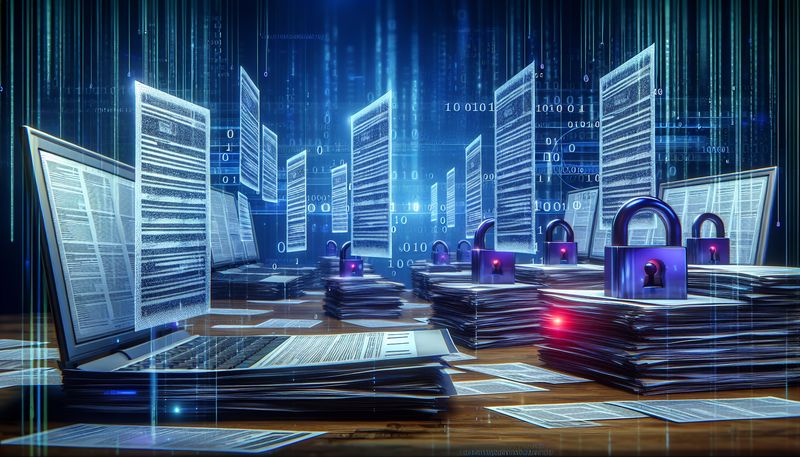Simplifying IP Protection: The Role of Digital Timestamps
21 April 24
Intellectual property (IP) protection is a significant concern in the digital world, where ideas can be transferred and replicated with a few clicks. Traditional methods of safeguarding intellectual property can be time-consuming, complicated, and costly. However, Digital Time Stamps offers a more straightforward, cost-effective alternative, revolutionizing the way we protect our digital assets.
Thanks to the innovative use of blockchain technology, Digital Time Stamps provides an encrypted fingerprint of your work, effectively notarizing your idea in a digital format. This service verifies that you had the intellectual property at a given time, offering a robust layer of protection for your creative concepts and innovations. This digital fingerprint, or timestamp, acts as a safeguard against file tampering and serves as proof that a file's content remains unaltered from its original version.
The process is efficient and user-friendly. In just a few steps, users can secure their IP, avoiding the wait for Bitcoin confirmations. Once a file is timestamped, a list of processed files, their timestamp proofs, and transaction history becomes available, ensuring a transparent and verifiable record. Moreover, anyone can verify a file without needing an account, making the process universally accessible.
The practical applications of Digital Time Stamps services are wide-ranging. Whether you're sharing documents, ensuring file integrity, or validating video content, these digital timestamps offer an efficient solution for content creators, innovators, and businesses alike.
With a modest fee of $2.50 per file, this service is a cost-effective alternative to conventional IP protection methods. It leverages the power of the decentralized and publicly auditable Bitcoin blockchain, making it not only affordable but also trustworthy.
Through the simplification that Digital Time Stamps brings to IP protection, we can now focus more on the creative process and less on the bureaucracy of safeguarding our works. It's a game-changer for anyone producing original content in our increasingly digital world.

